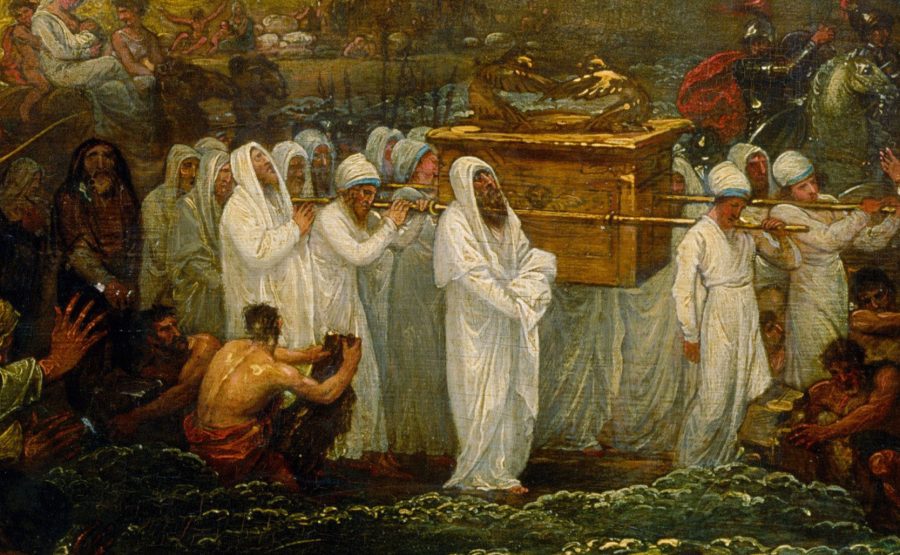As part of the Ten Commandments, God declares that He visits “the iniquity of the fathers on the children to the third and the fourth generation of those who hate me” (Exod 20:5). And in His self-revelation to Moses, He again says that He will visit “the iniquity of the fathers on the children and the children’s children, to the third and the fourth generation” (Exod 34:7b).
So, what does it mean that God “visits the sins of the fathers upon the children”?
We do not deny that children bear the consequences of their parents’ mistakes. For example, a foetus nourished throughout pregnancy by the blood of an angry, agitated mother may carry the effects of that anger physically and psychologically. Yet many people who inherited harsh traits from their parents became saints through repentance, perseverance, and spiritual struggle.
Why till the fourth generation and what about after the fourth generation?
When God says, “I visit the sins of the fathers upon the children to the third and fourth generation” (Exod 34:7), it does not mean that He takes revenge on children for their parents’ sins. Rather, it expresses God’s patience with the wicked from year to year and generation to generation, in hopes that they might repent. As Scripture says: “In those days they shall no longer say, ‘The fathers have eaten sour grapes, and the children’s teeth are set on edge.’ But each one shall die for his own sin” (Jeremiah 31:29–30). And: “The soul who sins shall die… The son shall not bear the guilt of the father, nor the father bear the guilt of the son. The righteousness of the righteous shall be upon himself, and the wickedness of the wicked shall be upon himself” (Ezekiel 18:20).
St. John Chrysostom explains that this does not mean someone is punished for crimes committed by another. But if a person continues in many sins and refuses to change, repeating the sins of their ancestors, then they justly deserve punishment. St. Augustine adds: “Whoever is transformed in Christ ceases to be a child of the wicked father, for he no longer imitates his evil. Thus, the sins of the father are not visited upon him.”
When the Jews said at Christ’s trial, “His blood be on us and on our children,” their children, who agree with them in this crime and reject faith in Christ the Savior, will bear the same punishment. But if those children accept the Savior, they become children of God and no longer children of those who shed Christ’s blood.
The verse in question highlights God’s patience, as He gives life to a person up to the third and fourth generation in hopes of repentance. Yet each person remains responsible for their own sins, not those of others. Parents are accountable for their sins and for causing their children to stumble, and children are responsible for their own disobedience and for continuing in their parents’ sins. Notably, God’s blessing for the obedient far exceeds His punishment for the rebellious: if discipline extends to the third and fourth generation, His blessing reaches thousands of generations.
Conclusion
In His justice, God “will by no means clear the guilty.” He is merciful, compassionate, slow to anger, abundant in kindness, and forgiving of iniquity and transgression, yet He also punishes the sinner who clings to sin. God reveals the breadth of His mercy to the repentant and the severity of His justice to the defiant and disobedient.
Exodus 34:6–7a, God says: “The Lord, the Lord, a God merciful and gracious, slow to anger, and abounding in steadfast love and faithfulness, keeping steadfast love for thousands, forgiving iniquity and transgression and sin.”
References
- Takla Haymanout Coptic Orthodox Website
- Pope Shenouda III. YouTube, April 15 2019
- Abouna Daoud Lamie. St. Paul Coptic service, YouTube, May 31 2024
For more articles like these, click here.



